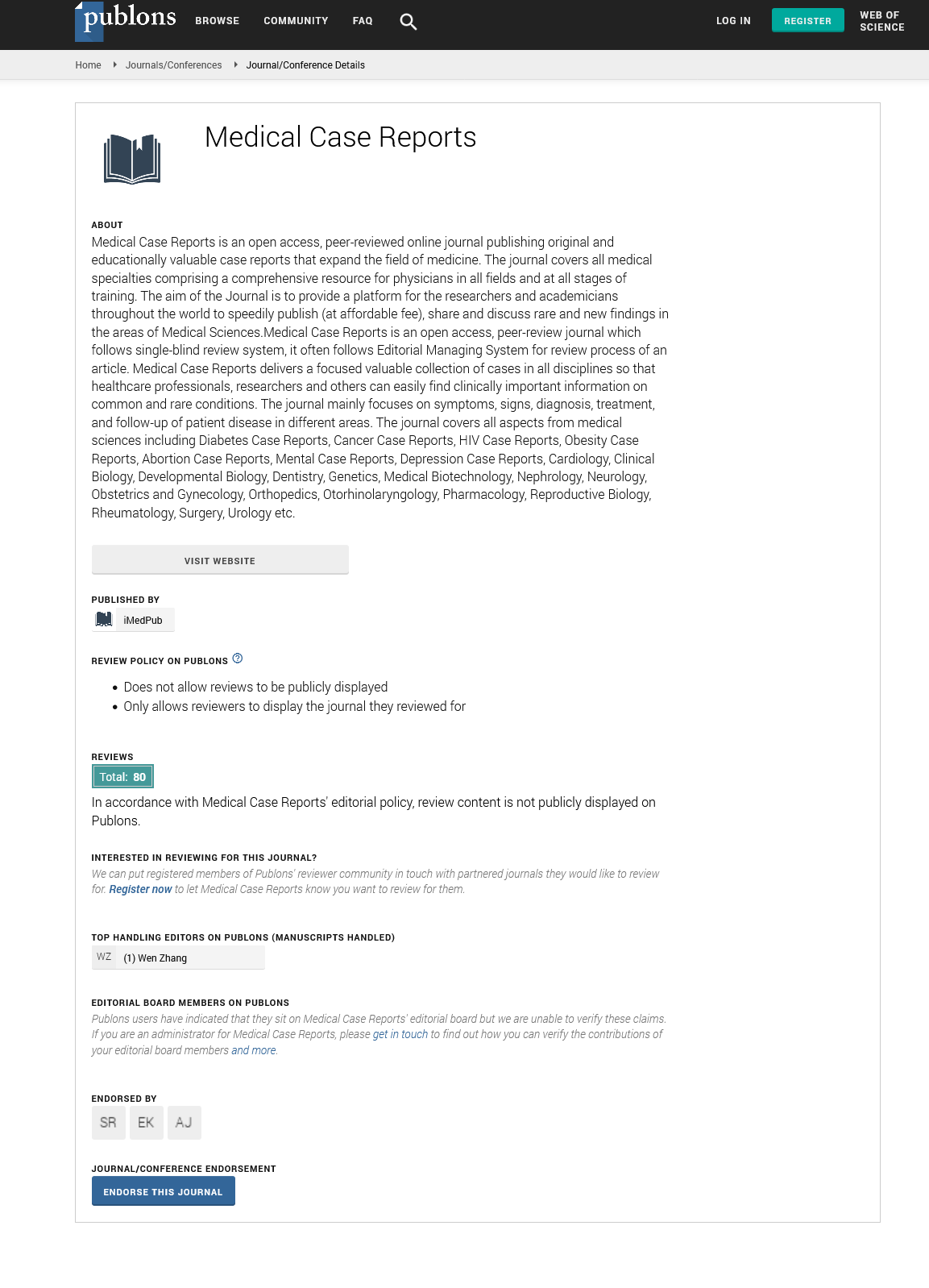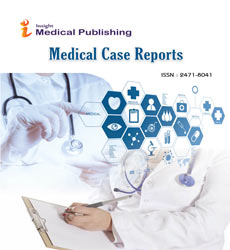Abstract
Does Topical Antifungal Treatment Plus Conventional Treatment Modality Improve Prognosis in Rhinoorbitocerebral Mucormycosis?
Mucormycosis is an aggressive fungal infection with high mortality rates, caused by the members of the mucarales order belonging to rhizopus, mucor and rhizomucor; less commonly cunninghamella, absidia, saksenaea and apophysomyces. The fungal sporangiospores are present in nature and found worldwide in soil, contaminated foods or decaying organic substances. Infection occurs either inhalation of these sporangiospores or direct inoculation of the fungi into the eroded skin and mucosa. They are angioinvasive organisms and cause thrombosis of the vessels with consequent infarction and tissue necrosis. There are different clinical types including; rhinocerebral, pulmonary, cutaneous, gastrointestinal and disseminated forms. The most common type is rhinocerebral form and the most isolated pathogen is rhizopus spp (90%).
Author(s): Tuba Bayindir1*, Sukru Aydin1, Mehmet Fatih Erbay2, Canan Ates Gurso3, Yuksel Toplu3 and Yasar Bayindir4
Abstract | Full-Text | PDF
Share this

Google scholar citation report
Citations : 241
Medical Case Reports received 241 citations as per google scholar report
Medical Case Reports peer review process verified at publons
Abstracted/Indexed in
- Google Scholar
- China National Knowledge Infrastructure (CNKI)
- Cosmos IF
- Directory of Research Journal Indexing (DRJI)
- WorldCat
- Publons
- Secret Search Engine Labs
- Euro Pub
Open Access Journals
- Aquaculture & Veterinary Science
- Chemistry & Chemical Sciences
- Clinical Sciences
- Engineering
- General Science
- Genetics & Molecular Biology
- Health Care & Nursing
- Immunology & Microbiology
- Materials Science
- Mathematics & Physics
- Medical Sciences
- Neurology & Psychiatry
- Oncology & Cancer Science
- Pharmaceutical Sciences


